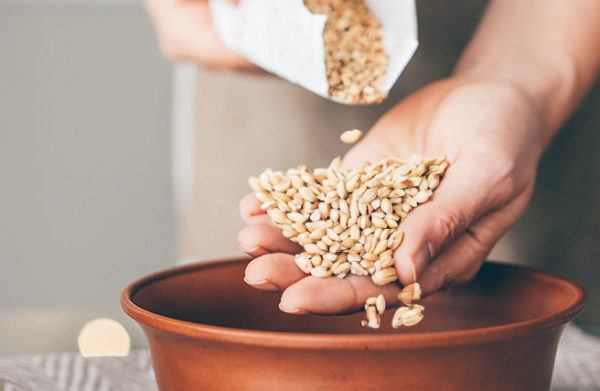
SHA Magazine Healthy Nutrition
The ideal dinner at SHA
Dinner is a crucial time of day because it prepares us for the best rest. Not only is it a good night’s sleep, but it also promotes the complete regeneration of the body during the rest. That is why it is vital to know how to choose food and know how to dose the portions without having to go hungry.
Dr María Romeralo, expert nutritionist at SHA Wellness Clinic, proposes the following ideal dinner model, which consists of
– Soup or cream of vegetables.
– Tofu or tempeh.
– Fish (if animal protein is required).
The benefits of a light dinner
The SHA Wellness Clinic expert agrees that “dinner should be light” to facilitate digestion and rest at night. It doesn’t matter at any time of the year. In the same way, it is essential to eat the last meals of the day about two hours before going to bed and try to do so at regular times.
“It is imperative to have a light dinner to encourage a good rest. If we eat a lot of meals, it will be more difficult to sleep because the body will be busy with digestion,” says Dr Maria Romeralo.
A copious and poorly designed dinner brings many more problems than you think. For example, overweight, mucous membrane when we wake up, fatigue and its visible effects on our face, general fatigue during the day, liquid retention, constipation…
Quality sweetness and protein sources
“A soup or cream of vegetables brings a quality sweetness that relaxes the body. A good option is cream of carrot or pumpkin,” says Dr Maria Romeralo.
Tofu is an excellent source of protein, magnesium, copper, zinc and vitamin B1. In addition to its high protein content, with perfect quality proteins, it has a very high digestive power, making it an especially attractive food for people with stomach problems.
The benefits are numerous: its calcium contribution prevents and fights osteoporosis, the iron protects from anaemia, the fibre helps in the digestion… And it happens that recent studies are extending their properties and effects.
For example, researchers from Harvard University Medical School analyzed data from 200,000 people who participated in three prospective studies on health and nutrition, both men and women. According to the results, eating tofu at least once a week could reduce the risk of heart disease by up to 18% compared to those individuals who eat tofu less than once a month.
Besides, the results of the study showed that this favourable relationship between tofu consumption and a lower risk of heart disease is enhanced when examining young premenopausal women and postmenopausal women who were not taking hormones.
Other options: fish or tempeh
“As animal protein at night we only recommend fish,” says Dr Maria Romeralo. The possibility of vegetables with tempeh should not be overlooked either.
“Tempeh is also a fermented food and therefore a source of probiotics“, adds the expert from SHA Wellness Clinic.
It is remarkable to see the boom in tempeh consumption over the last decade and it is already common to see it in supermarkets and department stores. Its basic ingredients are soya beans, water and Rhizopus ferments, so it is easy to deduce that its nutritional properties are directly related to those of this legume. In addition to high-quality vegetable protein, tempeh is rich in heart-healthy fats and minerals such as calcium and iron.
Recent extensive research by the Japan Public Health Center revealed that consumption of foods such as tempeh, miso or tofu might reduce the risk of premature death from cancer, heart and cerebrovascular disease or respiratory disease.
And what drinks are recommended to improve digestion after dinner? Dr Maria Romeralo suggests three options: kukicha tea, chamomile with aniseed or lemon ginger tea. And to promote better sleep, we have two possibilities: chamomile or chamomile-kudzu tea.
Beware of carbohydrates and fruit
So much for the recommendations. What about the foods to avoid? “We should avoid carbs at night. Not even whole-grain. We don’t need that energy that we’re not going to use,” says Dr Maria Romeralo.
On the other hand, it’s not advisable to eat fruit at night either, a practice that has been widespread over the years. “When not spent, the fructose in the fruit at night is converted into fatty acids,” says the expert from SHA Wellness Clinic.
In general, if we eat fruit at dinner, it’s quite possible that something will happen that we neither want nor need: we’ll run to the fridge quickly in search of something sweet after half an hour.
This happens because once we have digested the fruit, our blood sugar drops and our body asks us to eat more. And not only that, but it can give us annoying and heavy indigestion that will hinder our good rest.





